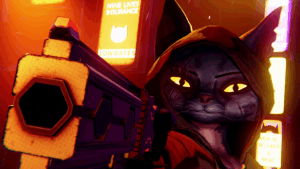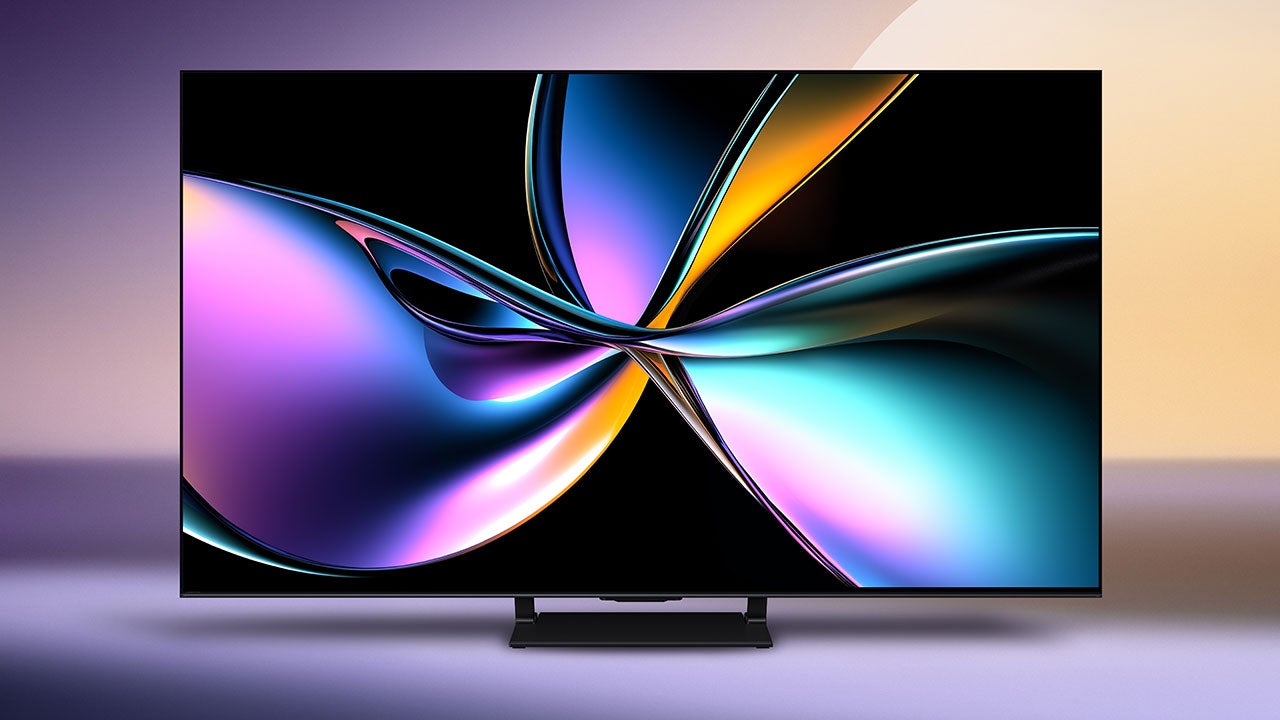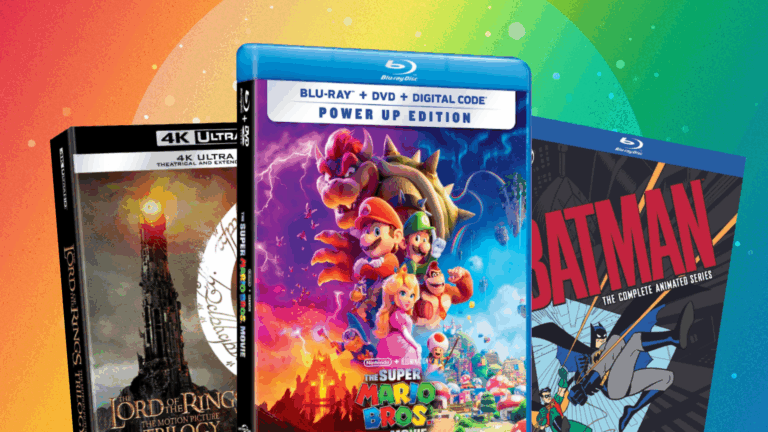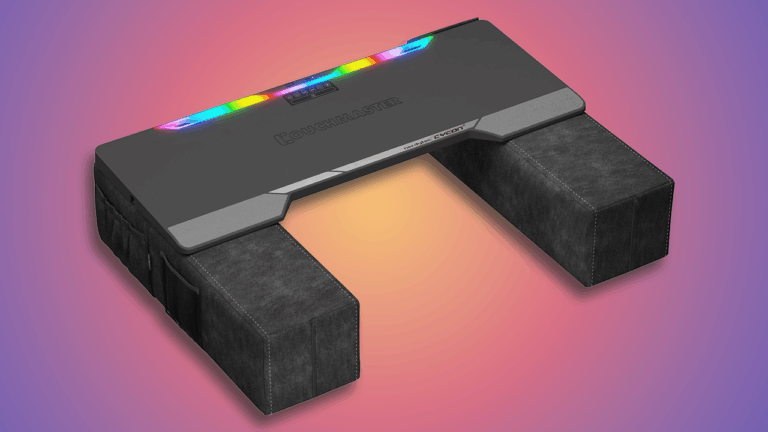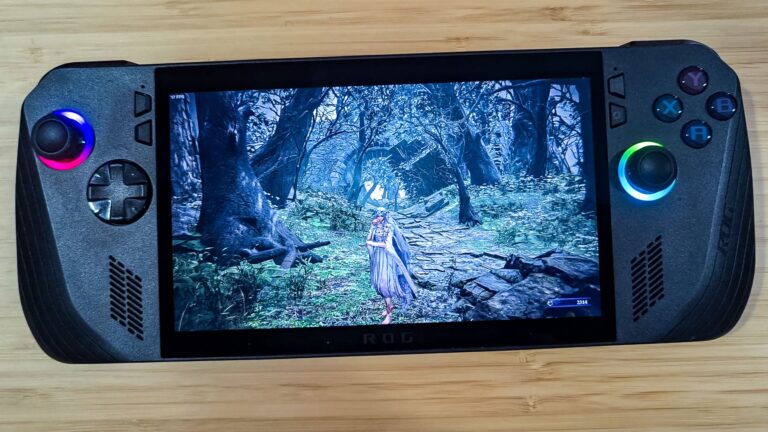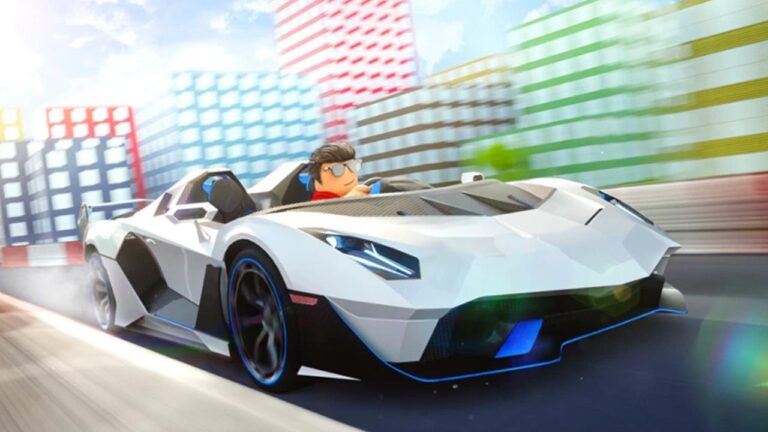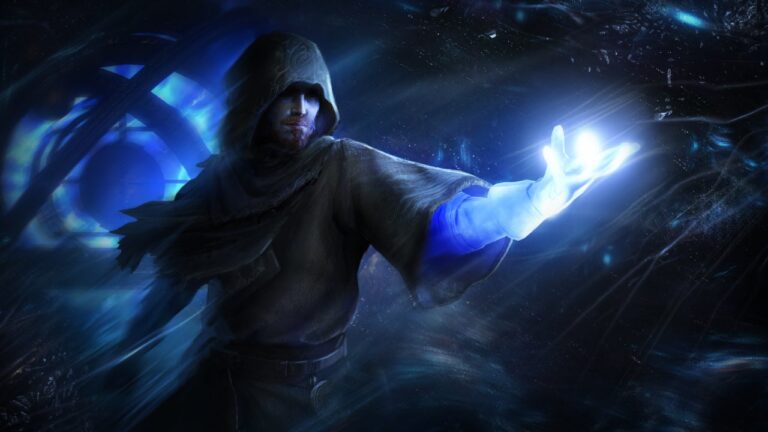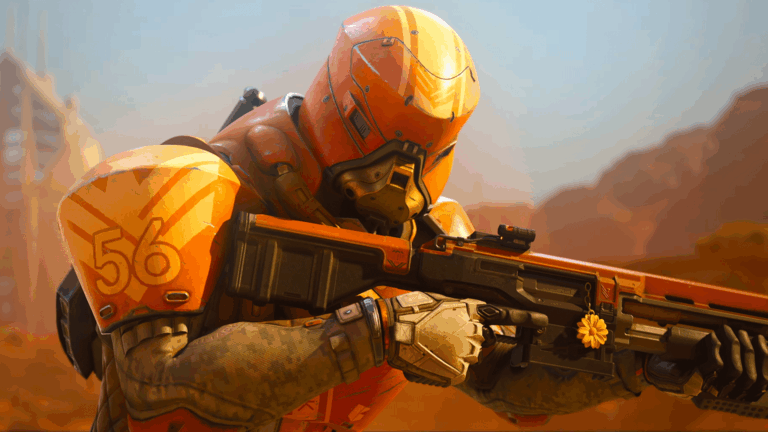Introduction: Why This Review Matters
At IGN Australia, we don’t often dive into in-depth television reviews — typically, our insights on the latest screens come from our US tech experts. However, when the Hisense U7QAU arrived at our doorstep with bold claims of being “The Game Changer,” we couldn’t resist testing it ourselves. Our goal was to see how this new model impacts gaming in 2025 and whether it lives up to the hype. After a full month of use, the verdict is overwhelmingly positive.
Choosing the Right Size for Your Space
The model provided for review was the 65-inch U7QAU, although the series offers a wide range of sizes. From the compact 55-inch (which is sizable by 2015 standards but increasingly common in 2025) to a massive 100-inch version that can deliver a true cinema experience — perfect for those with spacious living rooms. For our testing setup, 65 inches struck the ideal balance: large enough to immerse you in your games without overpowering the space or feeling impractical.

Pictured: The 100-inch model of the U7QAU.
Display Technology: Mini-LED Brilliance
The U7QAU features a directly lit Mini-LED panel, which, while not quite matching OLED in contrast ratio, still impresses with its picture quality. During gaming, whether I was playing graphically demanding titles like Doom: The Dark Ages or more stylized games like The Legend of Zelda: Breath of the Wild, the TV delivered sharp shadows, vibrant highlights, and consistent detail. Its anti-reflective coating minimizes glare, making it suitable for daytime viewing as well as nighttime gaming sessions.
With a peak brightness of 2,400 nits — surpassing last year’s top-tier U8NAU’s 2,000 nits — the U7QAU produces bright, vivid images that pop without washing out in well-lit rooms.
HDR Support and Image Quality
The U7QAU supports all major HDR formats used in gaming, including HDR10, Dolby Vision, and HDR10+. This flexibility allows seamless compatibility across consoles and PCs. Setting up the picture was straightforward — a few quick adjustments yielded stunning visuals for all my devices.
While some haloing around bright objects in dark scenes was noticeable, especially in the later levels of the Silent Hill 2 remake, it’s a minor imperfection overall. For those seeking OLED-like contrast, be prepared to pay a premium — but for a fraction of the cost, this Mini-LED TV offers impressive blacks and deep shadows that satisfy most gamers’ needs.
[The U7QAU] delivers surprisingly deep blacks without plunging your bank balance into the red.
Gaming Features: Smooth, Fast, and Versatile
The TV’s four HDMI 2.1 ports made it a perfect hub for our gaming setup. We connected a PC, PlayStation 5, and Xbox Series X, all benefiting from Variable Refresh Rate (VRR) support. The native 165Hz refresh rate ensures ultra-smooth gameplay, reducing tearing and input lag — a critical factor for competitive gaming. Currently, one HDMI port is used by our Nintendo Switch 2, which doesn’t support VRR in docked mode, but future firmware updates could change that, making the U7QAU even more versatile.

Nintendo’s new Switch 2 looks and sounds great on the U7QAU.
Audio Capabilities: More Than Just Visuals
While I primarily focus on visuals, I was pleasantly surprised by the TV’s audio quality during multiplayer sessions. The U7QAU is equipped with a 2.1.2 multi-channel speaker system supporting Dolby Atmos, offering surprisingly rich spatial sound. From the gunfire in Doom to the whir of shells in Mario Kart, clarity and bass levels exceeded expectations for an integrated system. Though an external soundbar or gaming headset will always enhance the experience, the built-in speakers are a notable upgrade over most slim UHD TVs.
There’s an unexpectedly high amount of clarity and bass achievable here.
Is the U7QAU a Game Changer?
At a price point of around $1,599, the 65-inch U7QAU offers incredible value. Discounted prices, often around $1,200, make it an attractive option for gamers seeking a large, high-quality screen without breaking the bank. While OLED displays remain the gold standard for contrast, the Mini-LED technology in this model significantly narrows the gap, providing deep blacks and vibrant images at a fraction of the cost.
It may not revolutionize gaming, but the U7QAU challenges preconceived notions about what a modern gaming TV can deliver — offering impressive performance, versatility, and affordability that will appeal to many Australian gamers in 2025.

